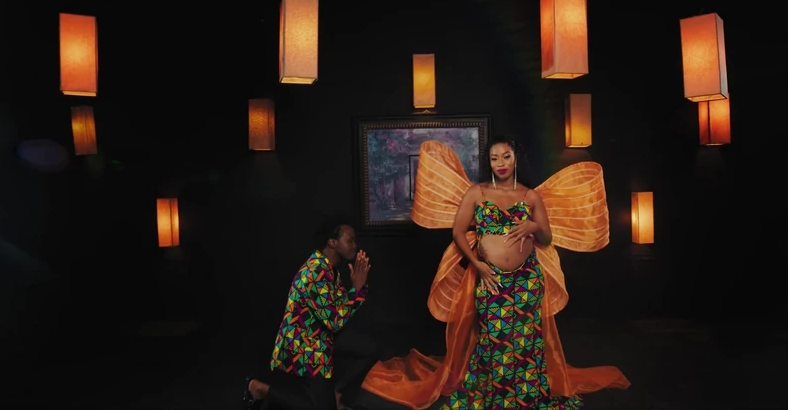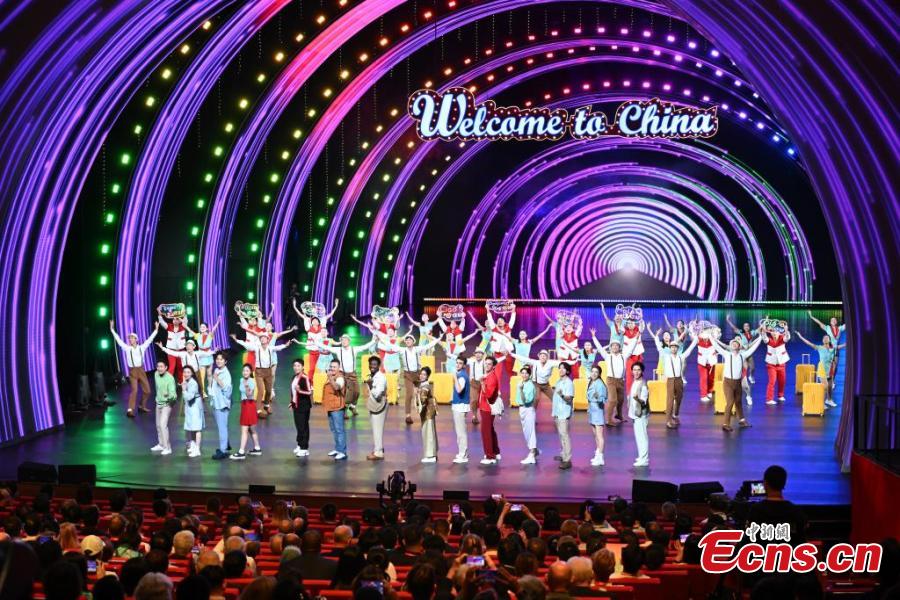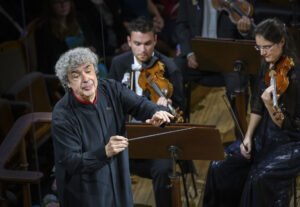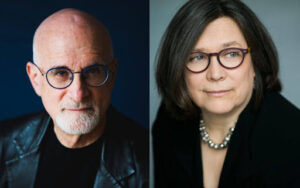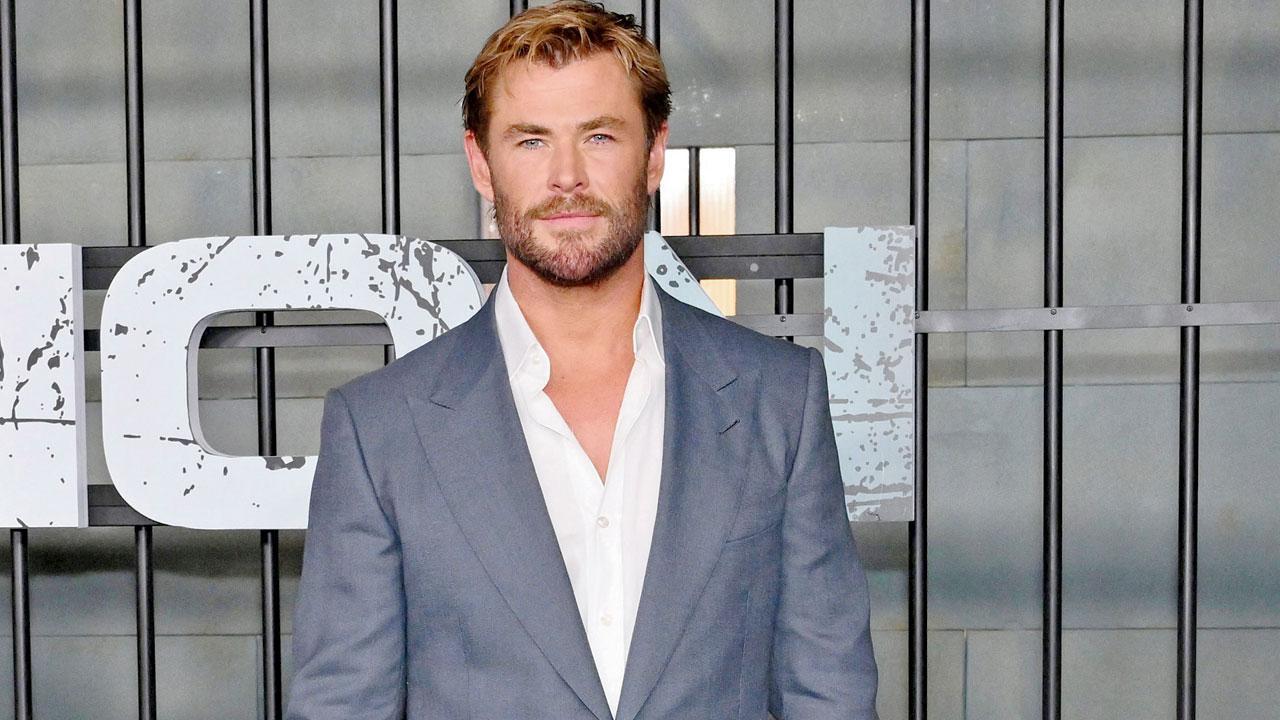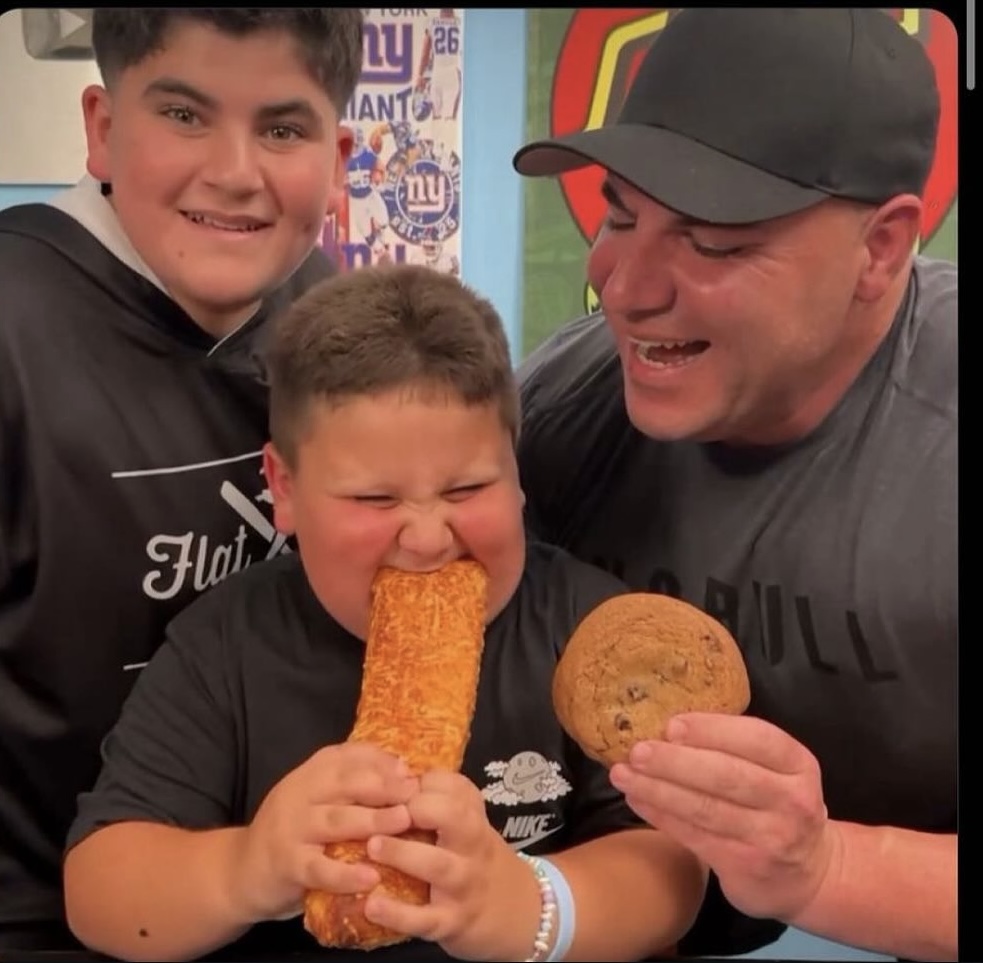
In recent years with the prevalence of short-form video content, “kidfluencers” have dominated the social media algorithms. A kidfluencer refers to someone under the age of 16 who has grown a wide following and presence on social media platforms (TikTok, Instagram Reels and YouTube Shorts) to cultivate views and online engagement. Some of these kidfluencers have large online followings with some exceeding millions of followers.
Due to age restrictions on the various platforms, individuals must be at least 13 years old to create an account, so many kidfluencer accounts are managed by a parent or guardian. In a study conducted by C.S.

Mott Children’s Hospital National Poll on Children’s Health , about 50% of parents of children ages 10 to 12 and 32% of parents of children ages 7 to 9 reported that their children regularly used social media platforms. Many of these parents support their children’s consumption of family-friendly content, however, many lack an understanding of how widespread support and a large social media following can negatively impact the kidfluencers themselves. Kidfluencers promote family-friendly content to attract more viewers and support for their platform.
One such example of a popular account is the Costco Guys . They are better known as Anthony “A.J.
” Befumo Jr. and Eric “Big Justice” Befumo, who are an American father-son influencer duo who post primarily on their TikTok and Instagram accounts, @a.j.
befumo. They are predominantly known for their food and product reviews. In 2024, the influencers gained widespread popularity following their viral “We’re Costco Guys” video where the two stare directly into your soul and try a wide variety of Costco products including furniture, tires, the infamous chicken bake and the new double chocolate chunk cookie.
Their videos spread on other social media platforms, such as X, where the influencer’s Costco experiences were made into memes. The “meme-ification” of their videos is partially due to the duo’s rating system where they judge the Costco products on 5/5 Boom or Doom rating system. A “boom” on their rating system involves the two shouting “boom,” and a clip-art explosion graphic with a cartoon bomb emoji.
In the three months following their first Costco content video, they received over 46.6 million plays and 4 million likes. The duo continued to gain more viewers and followers with their video collaborations with other influencers and kidfluencers.
One collaboration that is popular amongst Gen Alpha and the larger “brain-rot” culture as a whole was with another famous kidfluencer, The Rizzler . Christian Joseph, better known as The Rizzler, is another child influencer who is popular on TikTok under the account @savastaar_n_cbaby, which is run by his parents. He’s widely known for his particular facial expressions which became associated with the act of “rizzing,” a term stemming from the word “charisma” and is often used to describe someone’s ability to flirt and charm.
The Rizzler has continued to collaborate with A.J. and Big Justice on videos ranging from reviewing Costco products on their Boom or Doom scale to joining them on separate popular podcasts and YouTube accounts like “Growing Up Italian.
” Due to the Big Justice and The Rizzler’s young age, there is an inherent concern regarding the potential exploitation of children in order to amass a large following and reap the monetary benefits. Both of these child influencers are being exploited for monetary gain. The exploitation of child stars and kidfluencers on social media and the larger entertainment industry is not a new phenomenon.
Many see the use of children in family-friendly content as inherently exploitative because they place private and intimate moments onto the internet. However, the ethical concerns do not stop at sharing private moments on the internet. For example, there is a concern for female child influencers and the attention they receive from older men.
In a PBS News investigation , reporters conducted an analysis into the follower demographics of female child influencer accounts. They found a correlation between the size of the account and the amount of adult men that followed them. The larger the account, the more men would be following.
Many of the parents who run the accounts for their children are horrified at the sexualizing comments adults make regarding their underage child’s appearance. There does not seem to be a correct way to promote kidfluencers on the internet. With the universal use of social media, while there may be some ethical family-friendly content creators, there does not seem to be a way to remove the negative aspects of the internet from the lives of kidfluencers.
.


